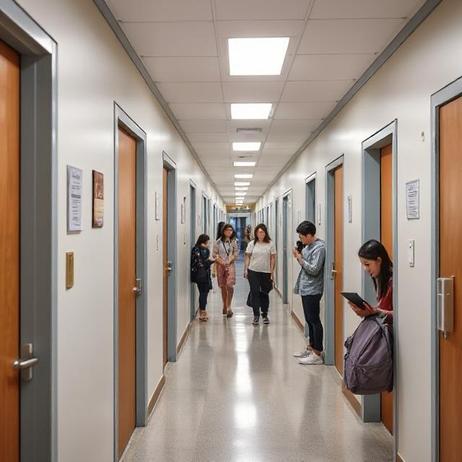Boarding School Summer Programs: Are They Worth It?
Summer offers a unique opportunity for students to deepen learning, explore new interests, and build independence. For families considering a residential option, boarding school summer programs—offered by institutions that operate year-round or open their campus for summer sessions—can appear especially attractive. But are they worth the investment? This article examines the benefits, costs, and key questions for 2025, helping parents, students, and educators decide whether these programs align with goals and budgets.
What We Mean by “Boarding School Summer Programs”
A boarding school summer program typically involves a student living on campus for a period—often anywhere from one to eight weeks—while participating in academic, enrichment, leadership or athletic programming. Some programmes are offered by full-time boarding institutions; others are “summer only” intensive campuses. The setting is residential, which introduces elements of community living, greater independence and often immersive structure.
In this article, the target keyword “boarding school summer programs” will be used repeatedly to align with search intent and improve SEO relevance.
The Potential Benefits
Academic & Enrichment Gains
Research on summer enrichment broadly shows that structured programming can reinforce learning, reduce the “summer slide,” and foster deeper engagement. For example, one recent survey of summer programmes affirms benefits across academic, social-emotional, and physical domains.
Specifically for boarding school summer programs, here are key advantages:
Focused learning in a low-distraction setting:


















